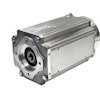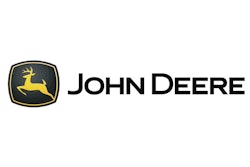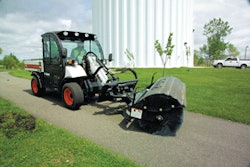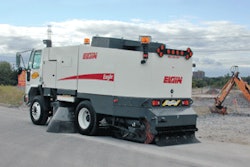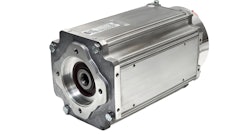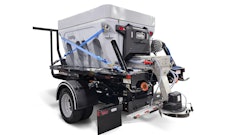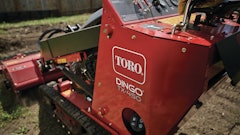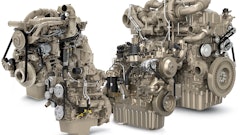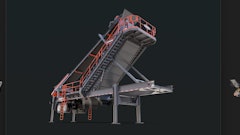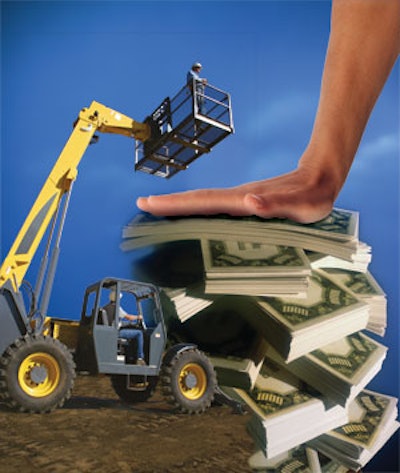
I get the opportunity each year to help produce the Associated Equipment Distributors Executive Forum. It is a two-day, spirited session designed to bring industry people up to speed about the construction industry, industry trends, changes from last year and expectations two or more years out. The program was held early last month, so I thought I would bring you up to date while the issues are fresh on my mind.
The economists all believe (and spent two or three hours explaining why) the economy is on an upswing and the construction equipment business is in year two of a seven-year positive cycle. They expect another good year at the dealer level, which equates to a tight equipment market along with firm high-end prices on the used equipment side.
Based on these conditions, the main points I want to get across to you are:
1. Equipment prices are going up.
2. Rental prices are going up.
3. Used prices will remain firm.
4. Delivery times will be stretched again.
I guess these comments send both good and bad news. On the positive side, if dealers are having a good year, then contractors must be having a good year. Work in the residential area is expected to remain stable, commercial and office work is on an increase, roadbuilding is on its way and many major companies have committed to increase production and thus build new or refurbished facilities.
On the down side, you can expect equipment prices to not only increase this year but annually for years to come. Trade-in values will offset this trend somewhat, but the days of paying the same today as you did for a unit two years ago are over. The economists pointed out that the industry is in for a replenishment cycle over the next couple years or so. Add in the price increases for steel, rubber and other production expenses increased by inflation, and you end up with manufacturers expecting to pass through the increases and hold the line.
So what should you do?
Test your equipment needs
First of all, we have to assume you have a demonstrated need to buy additional equipment or replenish old equipment that is costing you more to operate and own than it should. If the work is out there, you need to have the right equipment to properly bid and complete the work.
If you pass this first test, your next test is to assess your used equipment to determine what to keep and what to sell or trade in. Doing your own inspection and cleaning up the unit helps drive the best value.
Once you complete these tests, you need to assess if you can get the job done with rental units alone or if a purchase is required. Working with rental units is great as long as you can get what you need when you need it. Keeping in mind the market conditions we are talking about, that may not be possible.
I guess the bottom line is if you agree with the market scenario, then you have to give considerable thought to being proactive about expected equipment purchases or rental terms to make sure you have what you need during your construction cycle. Not doing so could affect your profit equation.
Dealer relationships add value
Okay, let's assume dealers will be firm about equipment pricing. Here's what you can do to soften the blow:
- Decide what you need, if anything.
- Decide what current units to trade-in or sell.
- See if you can use rental as an alternative.
- See if your dealer has any units left over from last year.
- Get your financing rate locked in before rates increase again.
- See what other services or benefits you can get out of your dealer to offset the higher cost.
- Confirm your delivery slot and be a pest about it.
- Ask your dealer for help if you need something to get you over scheduling problems before your units arrive.
Dealers today are looking to establish long-term relationships with customers and are willing to help in more ways than in the past. Having a good relationship with a dealer does have value.
Remember that the "lowest price" is not the "lowest cost" in many cases. If you pay more for a unit from one dealer as opposed to another, you should have a value-added reason for doing so. If you are a loyal customer, you can believe the dealer will pay for itself in the long run.
Once you decide you need equipment, get into the process as soon as you can and expect to pay market rates.


